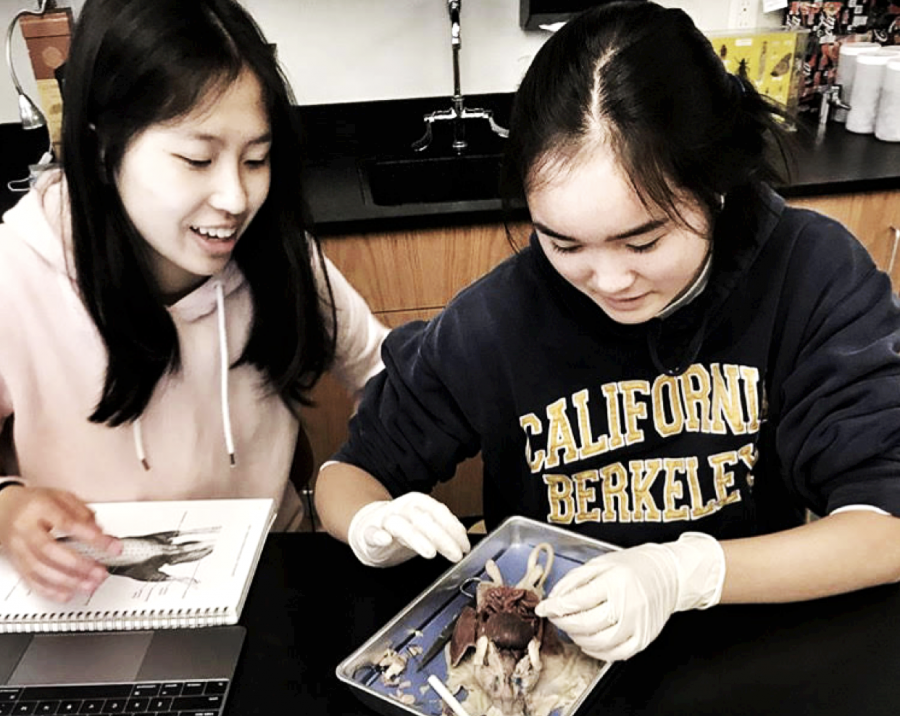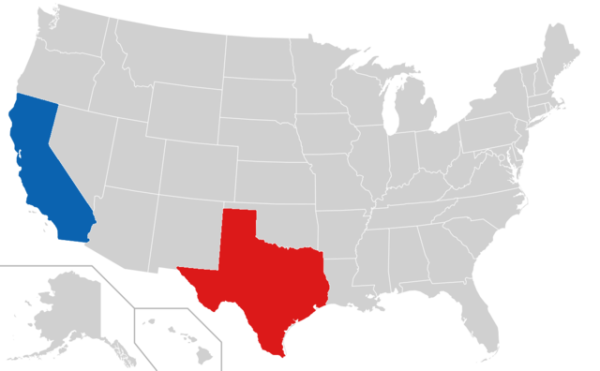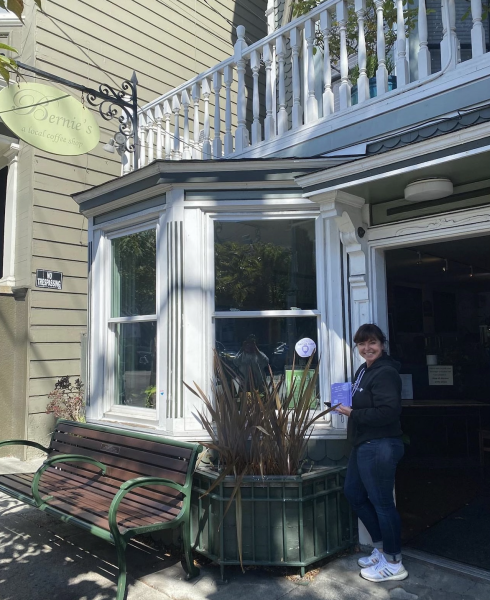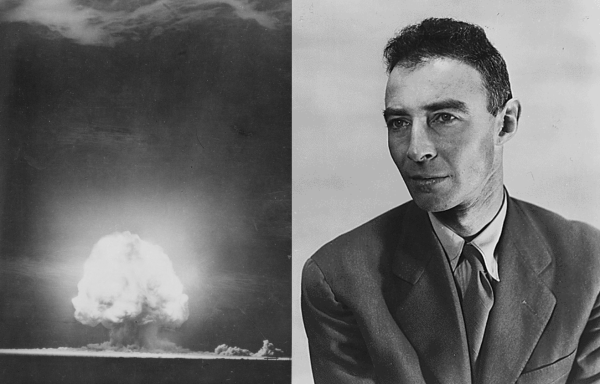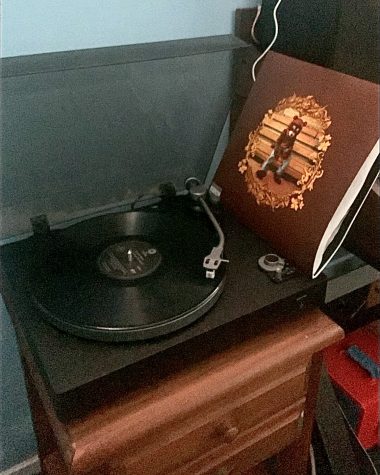The Careerization of High School
As students sign up for next year’s classes, they weigh many factors that influence their prospective schedules. While some students mention their parents’ or peers’ influences, the primary motivation to take higher-level courses undoubtedly stems from college admissions-related anxiety. This leads to increased careerization, or pressure for students to follow a set, rigorous, academic path and approach high school as if it were a career. This path frequently entails more AP and honors classes, and fewer elective and non-academic classes. Rather than taking classes in broader fields of interest, allowing for a more diverse skill set, students are influenced to select classes they feel obligated to take in order to look more appealing to prospective colleges.
Honors and AP classes present a way for students to demonstrate their drive and academic ambition to colleges. When an applicant is being considered, the college may look at the number of AP/honors-level courses taken each year as a metric for their self-selected academic rigor. SHC College Advisor Andrew Callery explains that “these [more selective] colleges want students who are intellectually curious, academically driven and likely to graduate — because that is the expectation their professors and the student culture will have.”
While advanced level courses may, on the surface, appear to give a platform for students to stretch themselves and demonstrate their drive to colleges, they also put lots of academic pressure on students. Not only are the classes themselves challenging, but students may choose to fill their schedules with as many rigorous classes as possible in order to look appealing to prospective colleges. According to Mr. Callery, students who are hoping to get into the most competitive colleges may choose to take four or more advanced courses each year in a myriad of subjects.
“Although I don’t enjoy science or math, I feel pressure to take higher-level courses in these subjects in order to boost my GPA and look appealing to colleges.
— Sydney Scott '22
In some cases, this means signing up for an AP or honors classes which may be of little interest to the student. Sydney Scott, a sophomore at SHC, said, “Although I don’t enjoy science or math, I feel pressure to take higher-level courses in these subjects in order to boost my GPA and look appealing to colleges.” In conversation with other SHC students, many reported the same pressure to take AP and honors classes that they are not as interested in. When asked if they had ever taken an AP or honors class simply because it looks good on their transcripts, a majority of students consulted reported that they had. Even students who choose not to take higher-level courses say that they feel the pressure of college when making their decisions for class schedules.
It’s important to note that colleges aren’t always a place for rigorous academics. As Mr. Callery communicated, “Sometimes students are more concerned with the name of a college than they are about whether they will be successful AND happy there.” A student’s sense of belonging in his or her future school should be their main drive when applying to schools, not simply the name and/or reputation of the college. If a student does not think they will thrive at an academically rigorous school, they should be under no pressure to stack up on AP and honors courses. Ultimately, as Mr. Callery said, a student’s class choice is all about their personal goals and interests.
Mr. Callery also acknowledges that the pressure that students feel to take more challenging classes isn’t likely to dissipate. However, in order to counteract this increasing careerization of high school academics, Mr. Callery, along with the other counselors, encourages students to take classes they are interested in and want to pursue.

